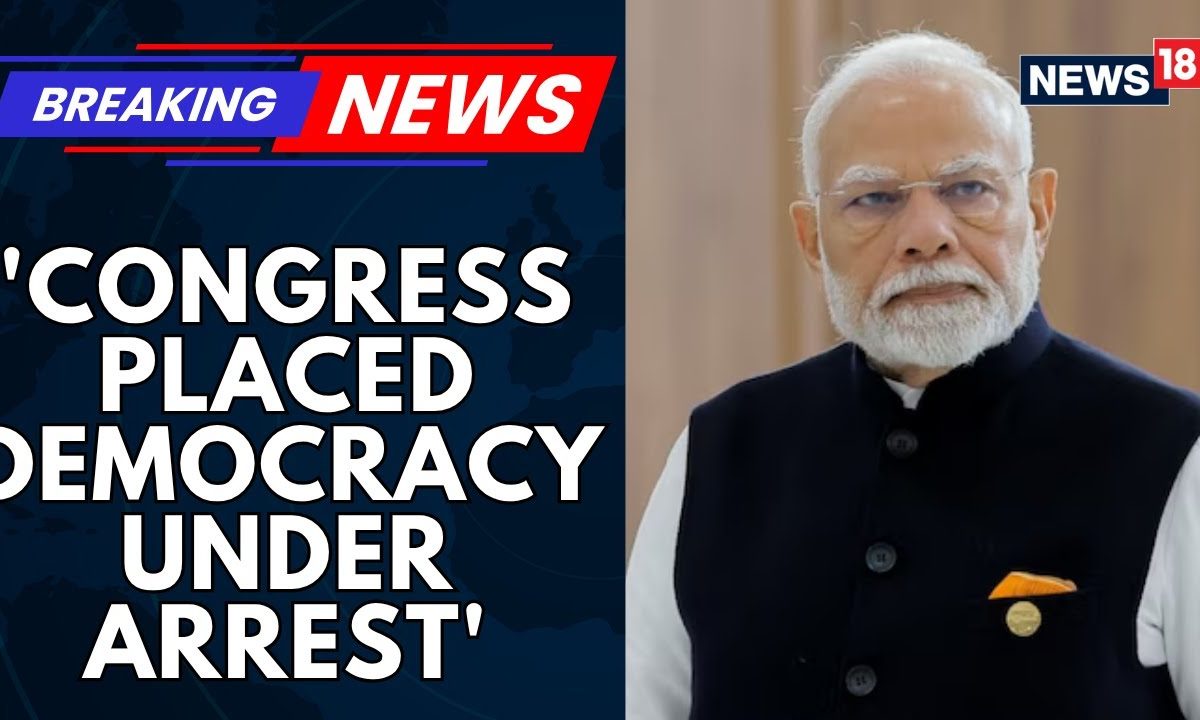

On the 50th anniversary of the Emergency imposed by then Prime Minister Indira Gandhi on June 25, 1975, Prime Minister Narendra Modi has taken to social media platform X (formerly Twitter) to strongly condemn the event. He described the 21-month period of suspended democratic rights as "one of the darkest chapters in India's democratic history."
In his posts, PM Modi stated that the day is observed by the people of India as "Samvidhan Hatya Diwas," highlighting the setting aside of the values enshrined in the Indian Constitution during that period. He accused the then Congress government of effectively placing democracy under arrest, pointing to the suspension of fundamental rights, the crushing of press freedom, and the imprisonment of thousands of political leaders, students, and ordinary citizens without due process.
The Emergency, officially declared by President Fakhruddin Ali Ahmed under Article 352 of the Constitution due to prevailing "internal disturbance," lasted until March 21, 1977. It bestowed upon the prime minister the authority to rule by decree, leading to the cancellation of elections and the suspension of civil liberties.
PM Modi emphasized that "no Indian will ever forget the manner in which the spirit of our Constitution was violated, the voice of Parliament muzzled, and attempts were made to control the courts." He specifically mentioned the 42nd Amendment as a prime example of the Congress government's "shenanigans" during that time. He added that the poor, marginalized, and downtrodden were particularly targeted, and their dignity was insulted.
He lauded those who stood firm in the fight against the Emergency, noting that they came from all over India, from diverse ideologies, and worked together to protect India's democratic fabric and preserve the ideals for which freedom fighters devoted their lives. He credited their collective struggle with ensuring that the Congress government had to restore democracy and call for fresh elections, which they subsequently lost.
Union Home Minister Amit Shah echoed similar sentiments, stating that the Emergency shook the very foundations of democracy. He criticized the Congress government for imposing the Emergency to protect its power, and he questioned whether the party's leaders were protectors or destroyers of the Constitution during that period.
The Emergency was a controversial period marked by the curtailment of civil liberties, arrests of political opponents, and censorship of the press. The government justified the Emergency on the grounds of internal disturbances and threats to national security, but it has been widely condemned for its authoritarian nature and its impact on India's democratic institutions.